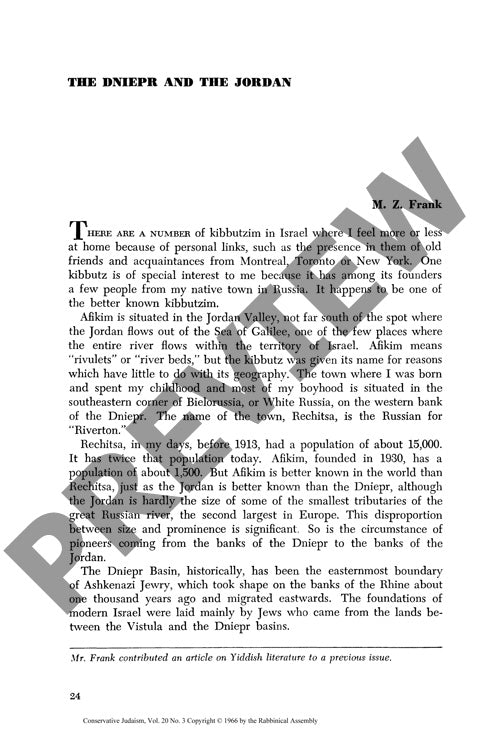The Dniepr and the Jordan
Couldn't load pickup availability
From the banks of Belarus's Dniepr River to Israel's Jordan Valley, the remarkable journey of Jewish pioneer Shmuel Zeharhari (Molia) illuminates how Eastern European immigrants navigated their cultural identity in Palestine's early kibbutz movement. Drawing upon personal interviews, archival documents, memorial writings, and firsthand observations from visits to Kibbutz Afikim in 1949 and 1960, this ethnographic and biographical investigation reveals how Soviet Jewish founders brought a distinctive synthesis of Russian revolutionary ideals, Hebrew revivalism, and selective religious traditionalism to their collective settlement. As a cultural and educational leader, Molia exemplified the delicate balance between assimilation and preservation, contributing significantly to Hebrew literature, Youth Aliyah programs, and the maintenance of Jewish religious practices within a secular framework. His story, and those of his fellow founders from Rechitsa, Belarus, demonstrates the complex negotiations between revolutionary secularism and traditional Jewish identity that characterized early Israeli settlement. These cultural mediators, though often overlooked in historical accounts, proved instrumental in transmitting Jewish heritage while adapting to Zionist pioneering ideals, ultimately shaping the distinctive character of Israel's collective settlements.

More Information
-
Physical Description
-
Publication Information
Published 1966
ISBN
-
Publication Credits
M. Frank

